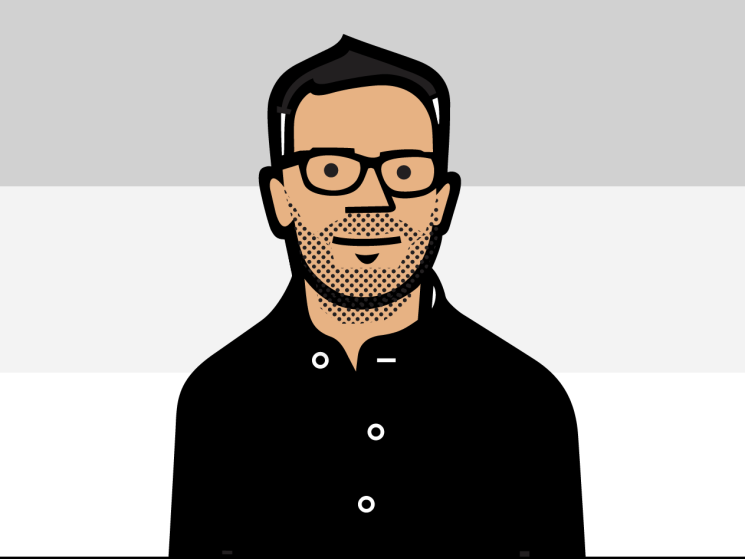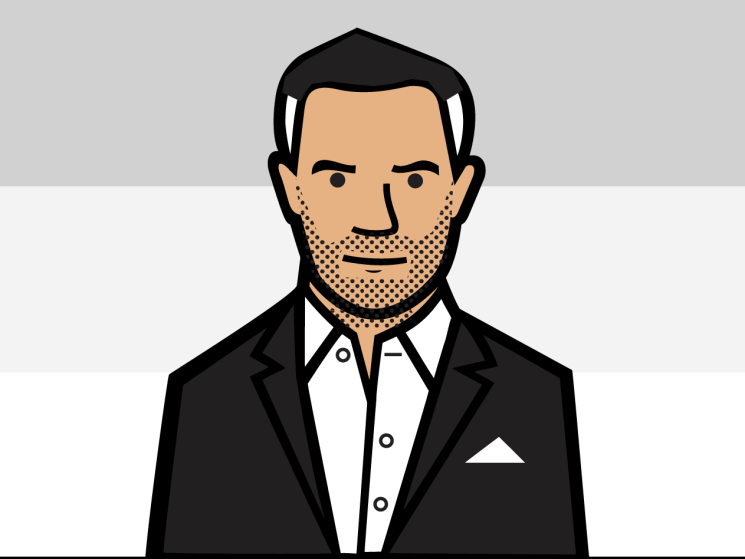The Faster Lane
from Tyler Brûlé
Chic stops, a dash of high jinks and why I’m in it for the long haul
Let’s start this Sunday with a thank you, merci and arigatō gozaimasu to all those readers who took up the call to subscribe to Monocle over the past few days, the many more who…

Latest
Turns out the school-bus spirit never left – it just flies Swiss
Were school buses ever part of your academic routine? Were you packed off to the end of the driveway with your lunch, books, overstuffed pencil case and sports gear in your backpack to be…

The inbox has spoken – travel marketing needs a reality check
When I started tapping out last week’s column, somewhere high above Baffin Island, little did I know that I was creating an inbox monster that only stopped raging on Friday morning. In case you…

No one buys a holiday for ‘mindfulness’. Travel marketing needs a reality check
Earlier this week I attended a conference in Tokyo and was reminded by several of the speakers on stage about the “emotional connection” of travel and how seeing the world “weaves a new sense…

The joys of being Banned: A Tokyo trim can beat any wellness regime
Forget cryo-chambers. Tyler Brûlé finds youthful energy at the barbershop and the bar.

From Beirut’s backstreets to a London menswear staple – Trunk turns 15
Let’s go all the way back to summer 2010 and a warehouse on the edge of Beirut’s Bourj Hammoud district. It’s all a bit dusty and scrappy, the buildings are a jumble of architectural…

Your smart and sunny guide to surviving the Q4 slump
Today we’re going to attempt to get ahead of the Q4 rush with a few solutions to improve your performance, appearance, managerial skills and tan line. To keep things brisk and perky, we’re going…

Back to school with clear views, slick CEOs and even sharper lessons
What did you learn this week? I’m not talking about headlines flashing up on your screen or bits of tittle-tattle exchanged over lunch. I’m talking about a moment of vivid clarity, when the heavens…

The future of media? Coffee, croissants and brand collaborations
Finally! A Saturday to sleep in, poke around the apartment, go for a long wander, get a proper shave, swim in the lake and generally take stock after a crazy few weeks of entertaining,…

Growing older, standing taller – and building trust one quality idea at a time
I am going to do my best to pick up where Andrew left off yesterday and bring you the key highlights from the past days at our Quality of Life Conference (QOL) in Barcelona.…

From print shops to piña coladas, it’s party time in Lisbon
There’s nothing like an 80th birthday, in this case Mom’s, to jolt a household – in this case the new apartment in Lisbon – into action. While the planning got under way sometime over…




